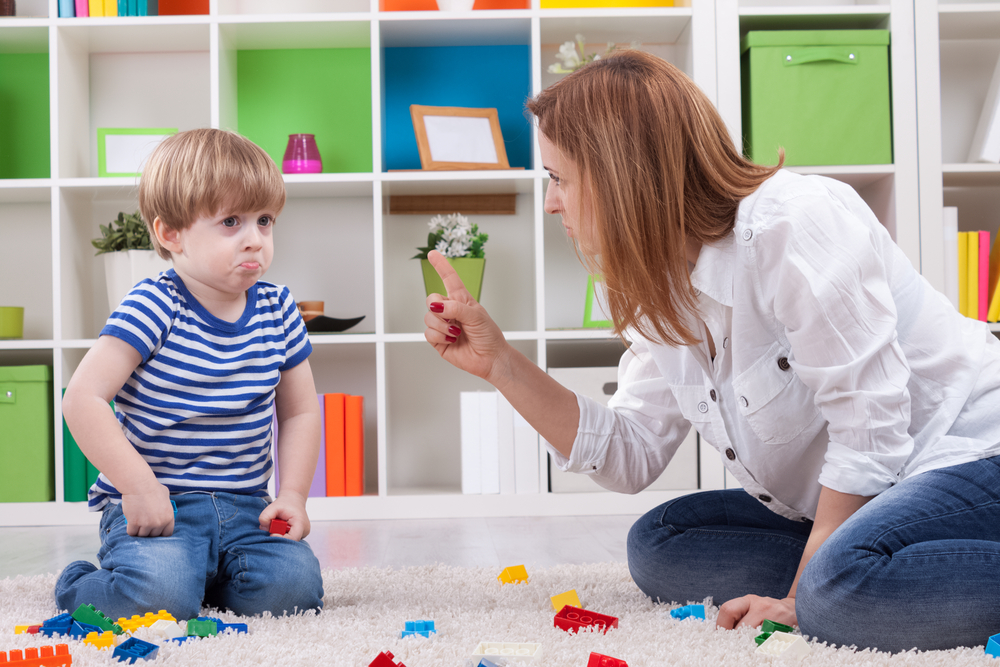Happy and well-behaved children have assertive parents who are consistent and positive when discipling their children. All human-beings love rules and so do our children. We love them so much that we bring them into our leisure activities, such as rules in soccer, netball or rugby. Have you noticed, when children play someone tends to be the boss, and there are certain rules which must be followed? Rules therefore come naturally to us, and you as a parent are the boss.
Dereck Jackson, a child psychologist mentions three stages to ensure authority in your home:
Set the rules and boundaries
Children love rules as this provides them with a sense of safety, because of the predictability parents/caregivers bring to the table. For example, children love to read the same story over and over, since they know what can be expected next, and this makes them feel in control. Jackson is therefore of the opinion that a well-functioning household should have 6 to 8 basic rules that children must adhere to:
- There should be a time to go to bed and a certain time to wake-up: Children and teenagers need 8-10 hours of sleep per night.
- There is a time to eat: There should be certain mealtimes and after a decent amount of time the food should be taken away. A child can then eat at the next meal when hungry.
- Tidy up after you have made a mess: Teach your child the skill of tiding a room after they have played with their toys. Always be consistent, praise your child when they have done something right. Teach them to categorize by first putting away the crayons and then the Legos, and so forth.
- There is a time to do your homework
- There is a given time to bath or shower
- Speak to your mother/father/caregiver with respect: From the age of 5 years and up.
If a child breaks these rules or boundaries move to the next stage.
Give an assertive effective command
How to give an assertive effective command:
- Walk to the child
- Lean forward with your body
- Look him/her in the eye
- Indicate that you are talking to them by using their name
- Always remember to add please at the end, since it indicates towards respect
- Example: “John, go and pick up the Legos in your room now, please”
It is important to note that you should always add a timeframe and the best timeframe is NOW. Remember not to nag or to preach.
Take action
Take note of the child’s age and the nature of the offence
- A child younger than 2 years old will take part in nuisance value behaviour. It is therefore best to just divert their attention. For example, if they kick the ball in the house, ask them to go and kick the ball outside or tell them to come and have a look at this plant/object.
- Children older than 2 years: Set up a competition, for example who can get into the bath the quickest.
- 4 Years: Isolation works well, for example “Go to your room for 5 minutes, please”.
- 8 Years old: No tuckshop money
- Adolescents: No going out on weekends
Remember to be consistent and positive when disciplining your child.


